★★★½
“Run Xia Tian Run”
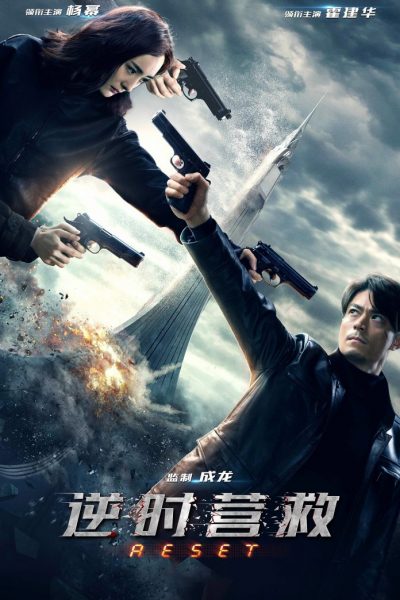 China seems to have discovered SF in a big way of late, most recently with The Wandering Earth, the biggest blockbuster you’ve probably never heard of. At time of writing, it’s the #7 film at the world-wide box-office this year, though 99% of its tally came in its home country. A couple of years earlier, this film made much less impact, yet for me is superior. It’s a time-travel piece, not dissimilar to Run Lola Run, with a triptych repeating the same events in three different ways, as the heroine strives to achieve a satisfactory outcome.
China seems to have discovered SF in a big way of late, most recently with The Wandering Earth, the biggest blockbuster you’ve probably never heard of. At time of writing, it’s the #7 film at the world-wide box-office this year, though 99% of its tally came in its home country. A couple of years earlier, this film made much less impact, yet for me is superior. It’s a time-travel piece, not dissimilar to Run Lola Run, with a triptych repeating the same events in three different ways, as the heroine strives to achieve a satisfactory outcome.
Xia Tian (Yang) is a research scientist working on time-travel for a corporation. She’s got to the point where they can send things back 110 minutes, though the process is imperfect for organic material. This attracts the attention of a rival company, who send Tsui Hu (Huo) after Xia. He kidnaps her son, Dou Dou (Zhang), as leverage to force her to hand over the research data. After Dou Dou is killed at the handover. Xia decides to use the time-machine to send herself back, effectively getting a do-over. And when things still don’t go as planned, it’s back for another attempt.
There are two main differences to Lola. Firstly, we have multiple heroines all occupying the same time-line, so there are three Xia Tians running around simultaneously, trying to save Dou Dou. Secondly, due to the imperfections of the process, they have different personalities, becoming steadily more aggressive. If you’ve seen Michael Keaton’s clone film Multiplicity, you’ll understand the idea. This is a result of the time-travel actually being hopping across parallel universes, a bit of a needlessly confusing detail, which we could have done without. Just handwave on the specific process – or, as Lola did, omit them entirely.
Yet there remains plenty to enjoy here, not least Yang’s performance as Xia #1, #2 and #3. It’s the kind of thing which could become horribly confusing, yet the subtle differences in the three versions of her, help them remain distinct, right to the end. Unsurprisingly, this site was particularly fond of the final iteration, which prefers to shoot first and ask questions later. However, all three have their moments, whether it’s driving at speed through a dockside obstacle course, of whipping up an impromptu smoke-bomb in an elevator, from a few household chemicals in the proper proportions
The production values here are equally impressive, slickly depicting a future China (2025, to be precise) which is so clean you could eat your dinner off it. The set-pieces are particularly effective, such as Xia’s escape from the towering facility which houses her research, climaxing in a near-fall into the Garbage Disposal From Hell. There are elements which require the suspension of disbelief e.g. Xia surviving a car-crash into the bottom of a gorge, then being right back at her office in the next scene. It’s still a fresh and original concept, exactly the kind of thing which Hollywood desperately needs in the genre of late.
Dir: Chang
Star: Yang Mi, Wallace Huo, Chin Shih-chieh, Hummer Zhang





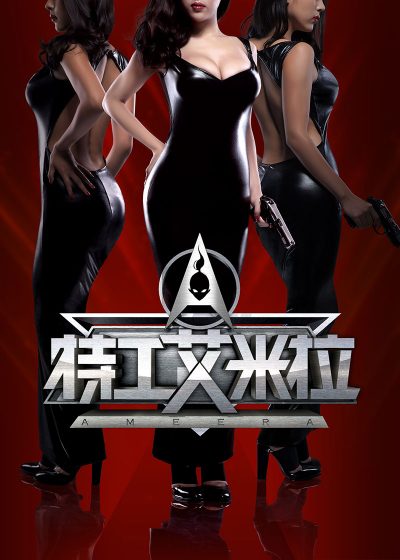 I should probably have learned from my first experience with Ms. Hu: the thoroughly mediocre jungle ensemble piece which was
I should probably have learned from my first experience with Ms. Hu: the thoroughly mediocre jungle ensemble piece which was  After reading some particularly scathing reviews of this, e.g. “stunningly atrocious”, I was braced for something
After reading some particularly scathing reviews of this, e.g. “stunningly atrocious”, I was braced for something 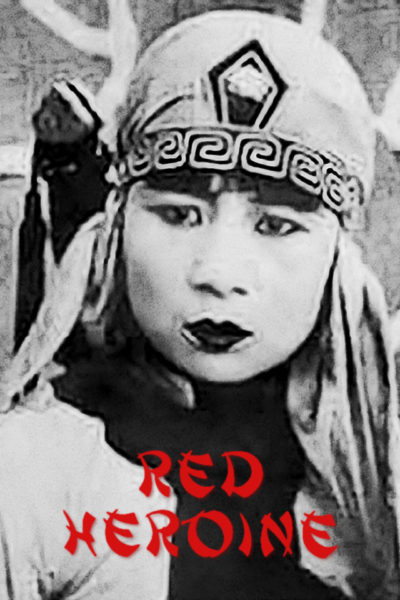 Tied somewhat to our March feature on the earliest action heroines in cinema, is this Chinese film, It’s not just the oldest surviving action heroine film from that country, it’s the oldest martial-arts film of any kind. This silent feature dates from all the way back in 1929 – I had to keep reminding myself that the “red” in the title was not a Communism reference, this being from well before such things. It’s most likely an attempt to cash in on The Burning of the Red Lotus Temple, a now-lost film series whose highly successful release had begun the previous year.
Tied somewhat to our March feature on the earliest action heroines in cinema, is this Chinese film, It’s not just the oldest surviving action heroine film from that country, it’s the oldest martial-arts film of any kind. This silent feature dates from all the way back in 1929 – I had to keep reminding myself that the “red” in the title was not a Communism reference, this being from well before such things. It’s most likely an attempt to cash in on The Burning of the Red Lotus Temple, a now-lost film series whose highly successful release had begun the previous year.
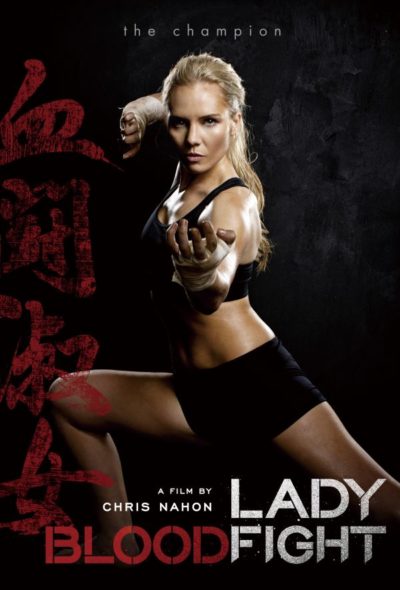
 This rattled around in pre-production for a while, originally being called Lady Bloodsport, and with the names linked to it being significantly higher in profile: Maggie Q, Shu Qi and Zhiyi Zhang. The end result here is obviously smaller and cheaper – the fights at its core all take place in the bastion of martial arts, a warehouse – and you can’t help but think, “What if…?” However, it’s still thoroughly enjoyable, despite – or, perhaps because of – feeling like a throwback to straightforward movies such as the original Bloodsport, which helped launch the career of Jean-Claude Van Damme in 1988.
This rattled around in pre-production for a while, originally being called Lady Bloodsport, and with the names linked to it being significantly higher in profile: Maggie Q, Shu Qi and Zhiyi Zhang. The end result here is obviously smaller and cheaper – the fights at its core all take place in the bastion of martial arts, a warehouse – and you can’t help but think, “What if…?” However, it’s still thoroughly enjoyable, despite – or, perhaps because of – feeling like a throwback to straightforward movies such as the original Bloodsport, which helped launch the career of Jean-Claude Van Damme in 1988.













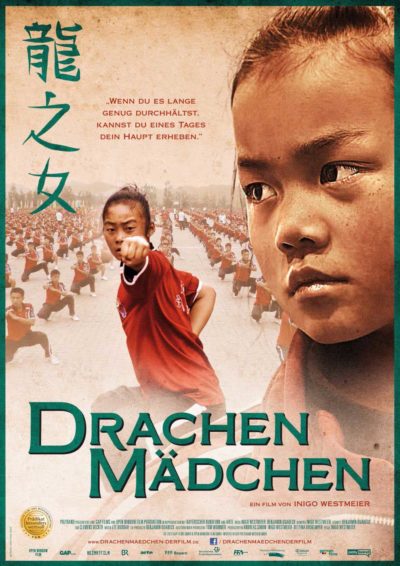 If you’re familiar with Jackie Chan’s life story, you’ll know he (along with fellow future start Sammo Hung and Yuen Biao) was basically brought up in a Peking Opera school, where he learned martial arts and acrobatics as well as theatrical skills. Discipline there was notoriously strict – the film Painted Faces gives a good idea of what it was like. But that was the sixties. Surely no such abusive educational regime exists nowadays?
If you’re familiar with Jackie Chan’s life story, you’ll know he (along with fellow future start Sammo Hung and Yuen Biao) was basically brought up in a Peking Opera school, where he learned martial arts and acrobatics as well as theatrical skills. Discipline there was notoriously strict – the film Painted Faces gives a good idea of what it was like. But that was the sixties. Surely no such abusive educational regime exists nowadays?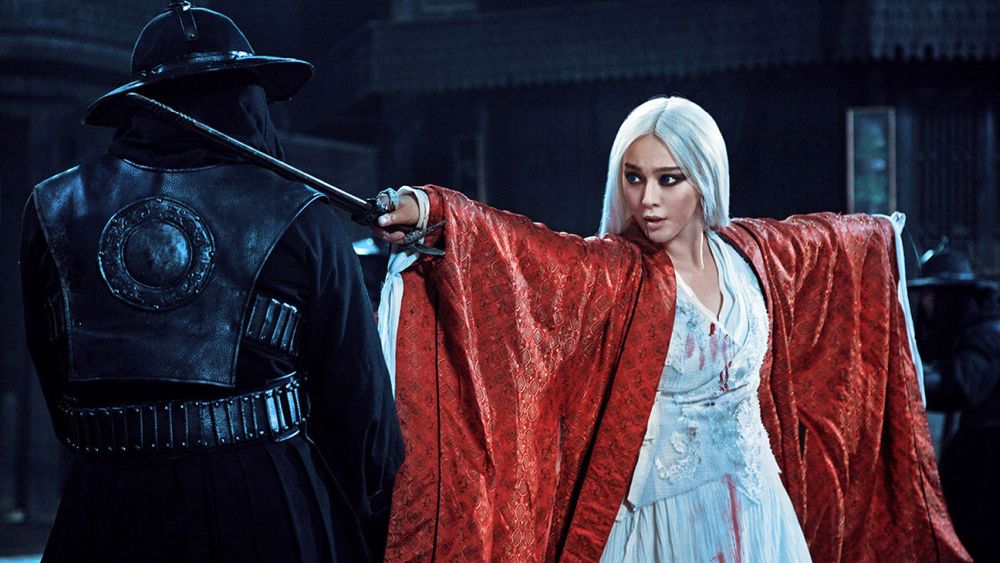
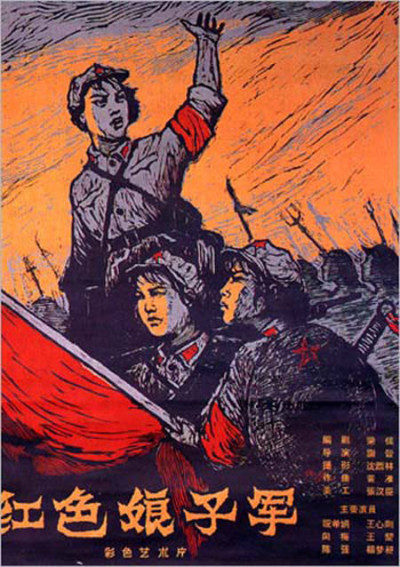
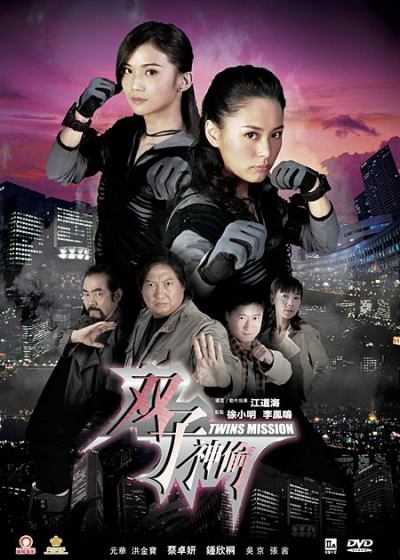 Twins Effect, the first film starring the Cantopop duo, Twins, was a frothily entertaining mix of action and humour, that was surprisingly entertaining. Its sequel? Despite a stellar supporting cast, and some great action, not so much, with a historical setting, and a balance that tilted unfavourably towards comedy. This third entry does at least return to the modern era, and also continues some impressively slick fights – and more broken glass than any other movie I can immediately think of – but has a similarly lumpy attitude, feeling almost like two films spliced together.
Twins Effect, the first film starring the Cantopop duo, Twins, was a frothily entertaining mix of action and humour, that was surprisingly entertaining. Its sequel? Despite a stellar supporting cast, and some great action, not so much, with a historical setting, and a balance that tilted unfavourably towards comedy. This third entry does at least return to the modern era, and also continues some impressively slick fights – and more broken glass than any other movie I can immediately think of – but has a similarly lumpy attitude, feeling almost like two films spliced together.